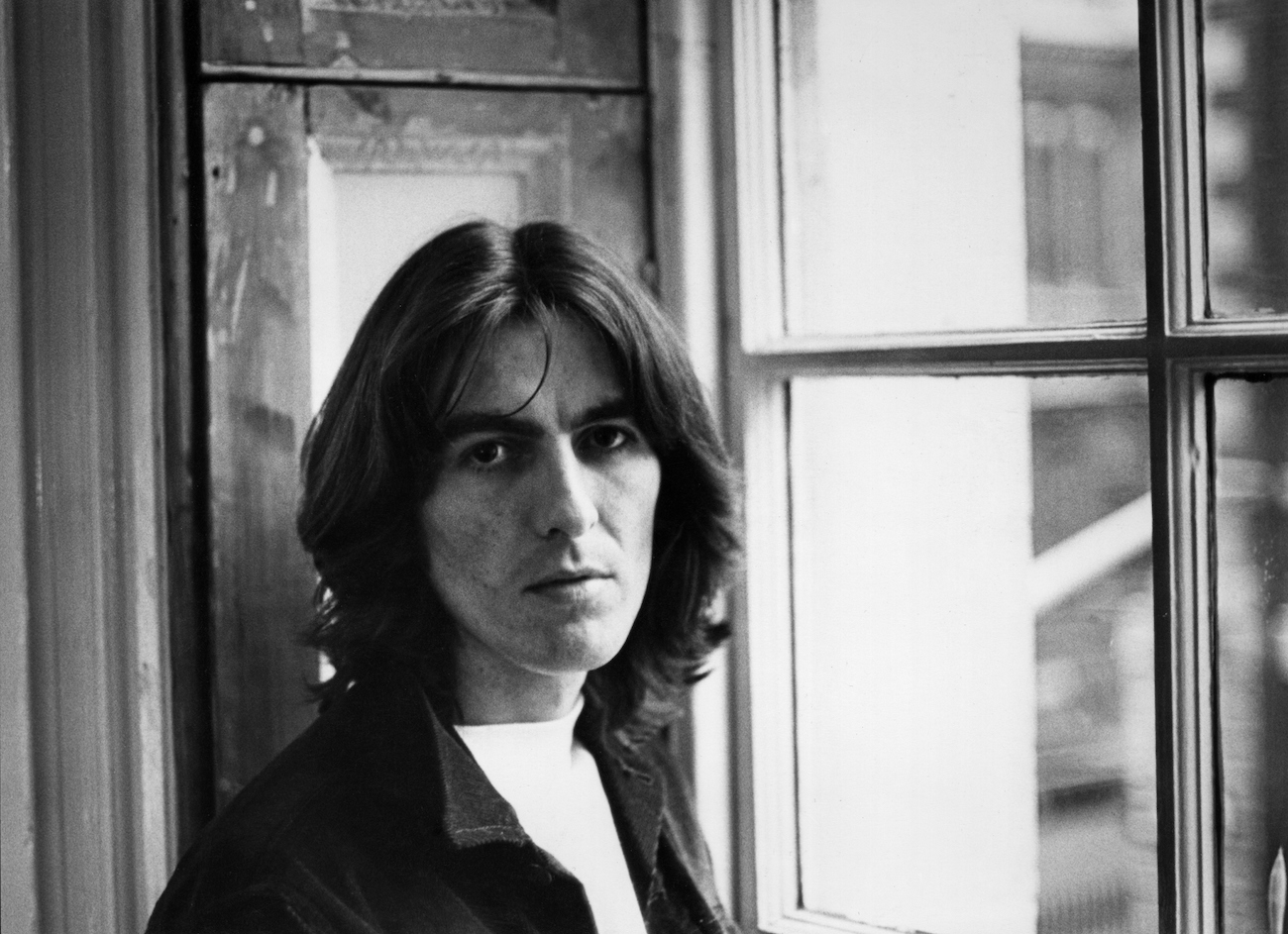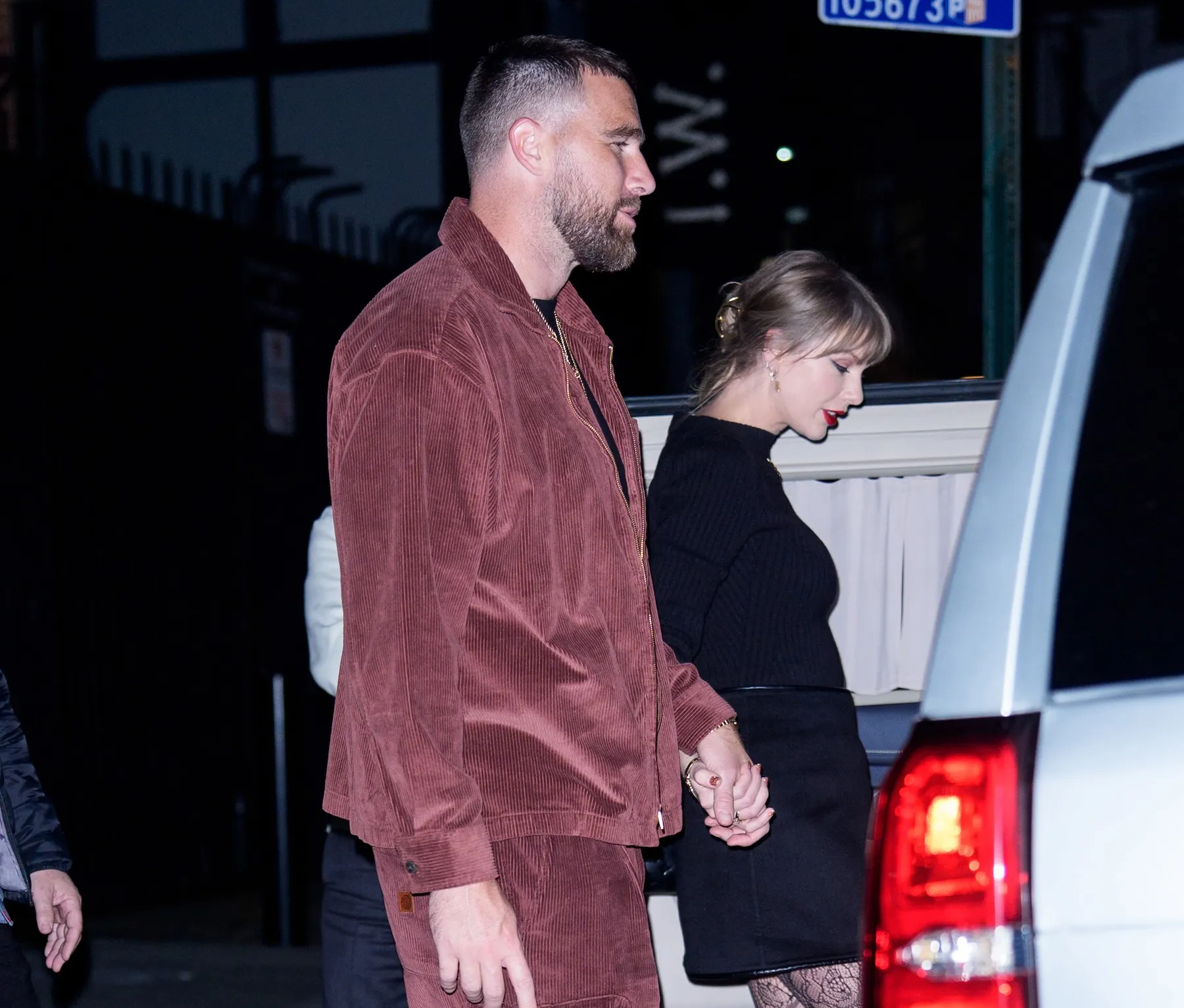George Harrison’s Son Said ‘All Things Must Pass’ Came During a ‘Very Dualistic’ Time in His Father’s Life
In 1970, George Harrison entered the recording studio to make his solo debut, All Things Must Pass. There’s a lot to unpack in the triple album. Many have called it one of the most successful records by an ex-Beatle. However, it’s a wonder it got recorded at all. A lot was going on in George’s life at the time.
He’d shed his Beatle skin months prior, and his marriage was slowly failing. Much more threatened George’s reawakening as a musician in his own right. Somehow he worked past all that and recorded a seven-times platinum album.

George Harrison’s son, Dhani, said his father’s ‘All Things Must Pass’ came at a ‘very dualistic’ time in his life
For years, George’s son, Dhani, worked tirelessly to remaster All Things Must Pass for its 50th-anniversary reissue. So, apart from George himself, Dhani knows the record like the back of his hand. After listening to the album repeatedly, Dhani can hear what was going on in his father’s life when he recorded the album.
According to Dhani, All Things Must Pass came during a “very dualistic” time in George’s life. He’d just exited one of the biggest bands in the world. George joined The Beatles when he was very young, and it was probably frightening for them all to be one their own for the first time in their lives.
George was also having marital problems. His first wife, Pattie Boyd, fell in love with his buddy, Eric Clapton. On top of all that stress, George’s mother, Louise, died during the recording sessions.
Still, this was a deeply creative period for George. He was becoming more and more spiritual as well. The ex-Beatle knew what he wanted, and he could carry it out for the first time in his life.
“‘All Things Must Pass’ is coming from a time in George’s life that is very dualistic,” Dhani told Guitar World. “It’s very dark, yet some of it expresses some of the most exalted states of clarity you can have. And somewhere in the middle is that whole experience and that whole record.”
Dhani told Esquire that he wanted his 50th-anniversary reissue to draw everyone to what George was going through when he recorded the album.
“I’m really trying to draw everyone into the feeling of what it must have been like for him to start off at 27, renovating a house that took him the rest of his life, and at the same time, his band had broken up, he had Hare Krishnas living here, he was separating from his wife, his mother passed away during the making the record—it was a lot of really spiritual moments for my dad with this record,” Dhani said.
Dhani said George had ‘All Things Must Pass’ all ‘mapped out’
Despite all the turmoil George was going through in 1970, the All Things Must Pass recording sessions must have been refreshing for him. Especially since he’d recently come from volatile recording sessions with The Beatles.
While in the group, George stockpiled songs that his fellow bandmates didn’t want to use. So, George essentially finished his solo debut to a degree by the time he entered the recording studio. Dhani said his father seemed to have everything planned out.
“He knew what he was doing perfectly, before Phil Spector even came in,” Dhani told Esquire. “He had practiced and paid his dues, and he was about to have his moment and he was rehearsed, his voice sounded great, he was confident. It must have been a very charged time, because he committed fully to it.
“You know it’s his make-or-break record, being his first solo album, and not a lot of people have the confidence, or are even allowed, to go for a triple-vinyl first album. It was a big swing, and he hit a home run.”
George had the album mapped out before recording it, but that doesn’t necessarily mean George would release it.
Tom Petty said George only released his solo debut as a reaction to leaving The Beatles
One of George’s closest friends, Tom Petty, made an interesting point during an interview with Rolling Stone, “Remembering George.” Petty explained that George never actively sought a solo career following his exit from The Beatles. George only released All Things Must Pass as a reaction to it all. He didn’t expect it to do as well as it did.
“He was never far from music…,” Petty said. “But he told me something once like, ‘I never really pursued a solo career. All Things Must Pass was a reaction to leaving the Beatles. I had to do something.’
“And when that went so well, he made another one. But he never really had a manager or anybody to report to, and I don’t think he had any interest in touring. He told me many times he was very uncomfortable being the guy up front having to sing all the songs. It was just not his idea of fun.”
All Things Must Pass became one of George’s most successful albums and one of the best of all the former Beatles’ solo albums. It spent seven weeks at No. 1 on the Billboard 200 chart in the US and has since been certified seven-times platinum by the RIAA. “My Sweet Lord” made George the first Beatle with a No. 1 hit as a solo artist as well.
George had a lot to prove on the album. He wanted to show everyone what he could do and prove that John Lennon and Paul McCartney had consistently overlooked his talent. He had it all mapped out.
George was a private person, but All Things Must Pass gives a glimpse into his life and that duality that Dhani mentioned.


